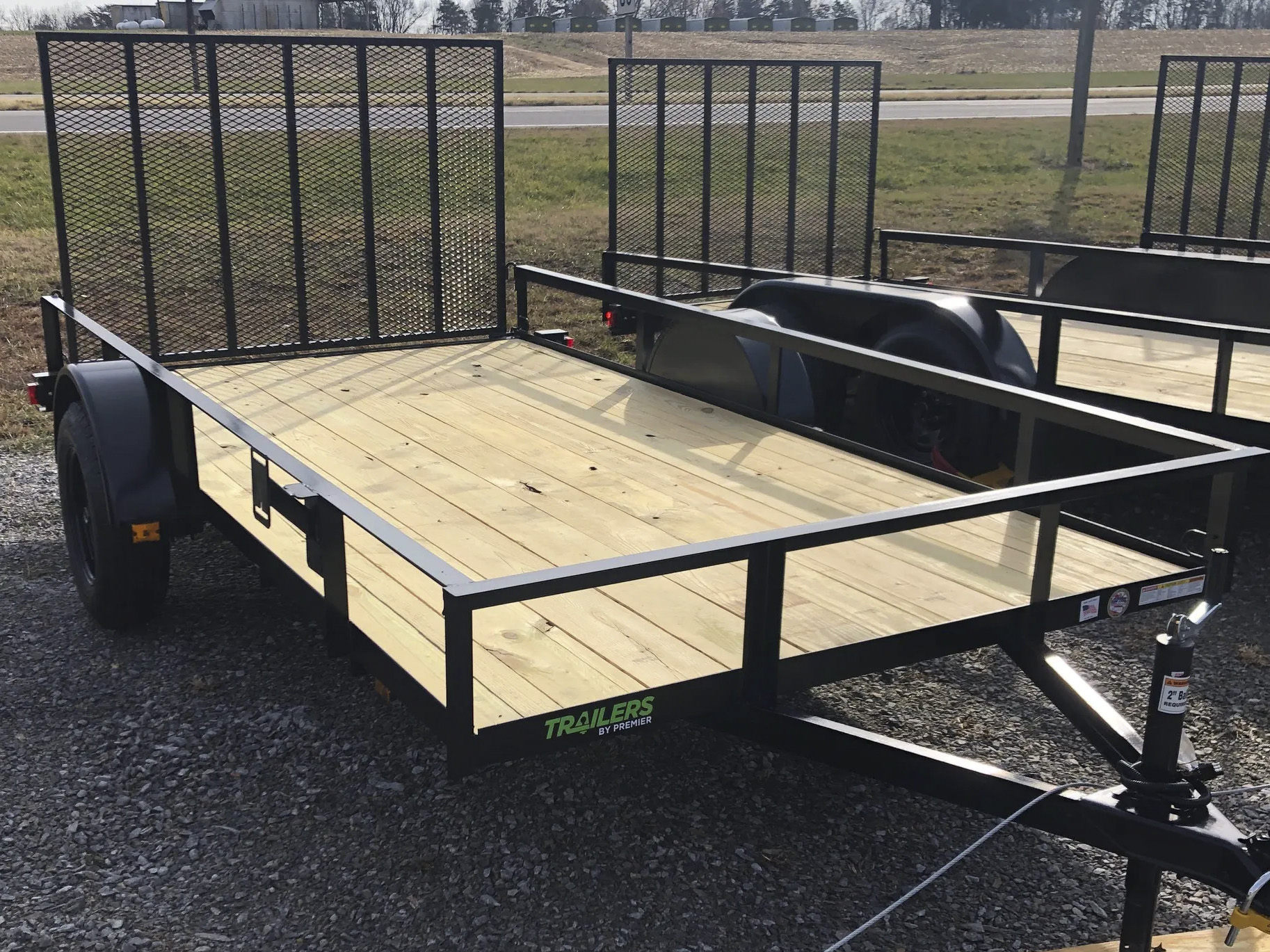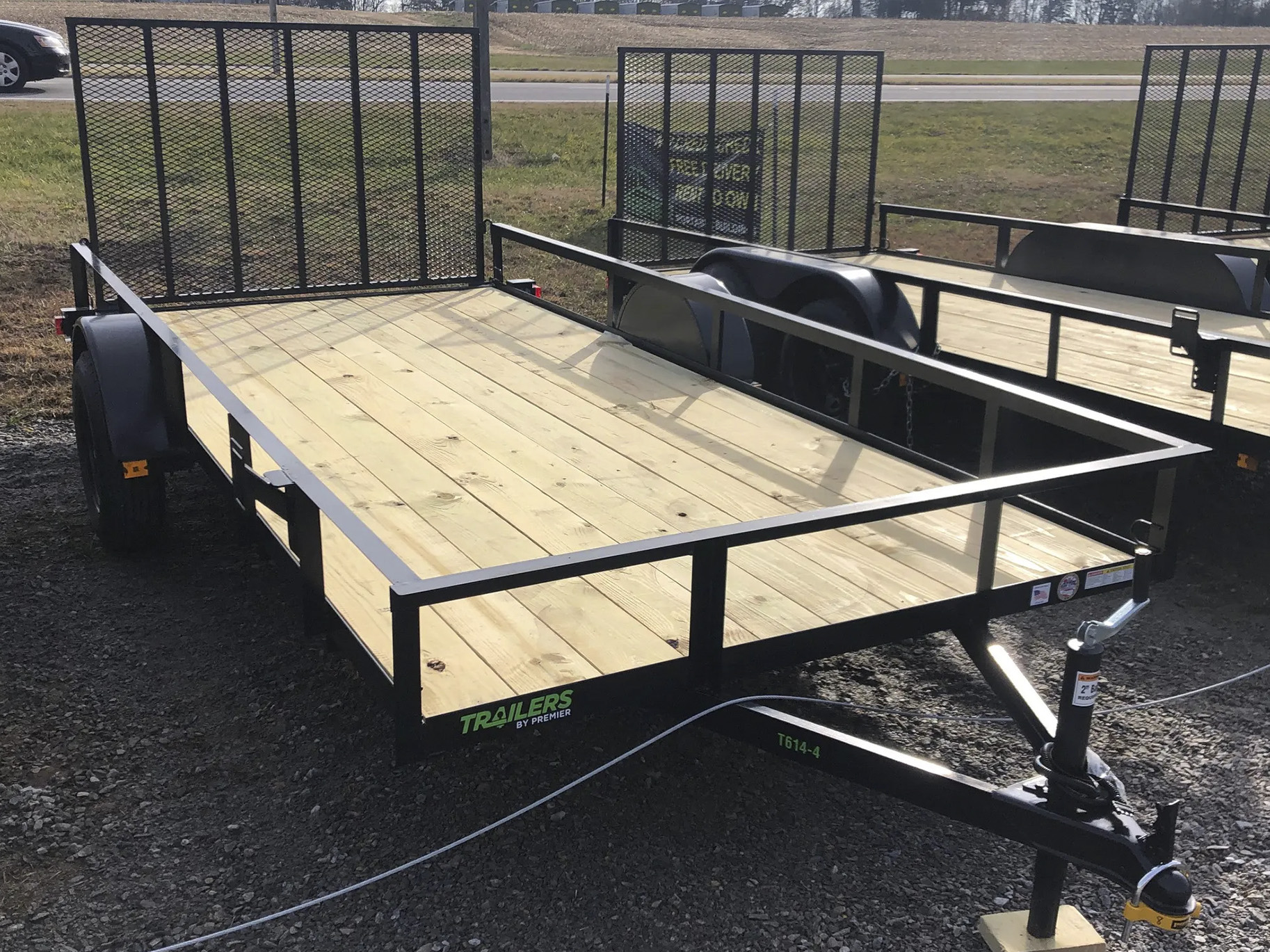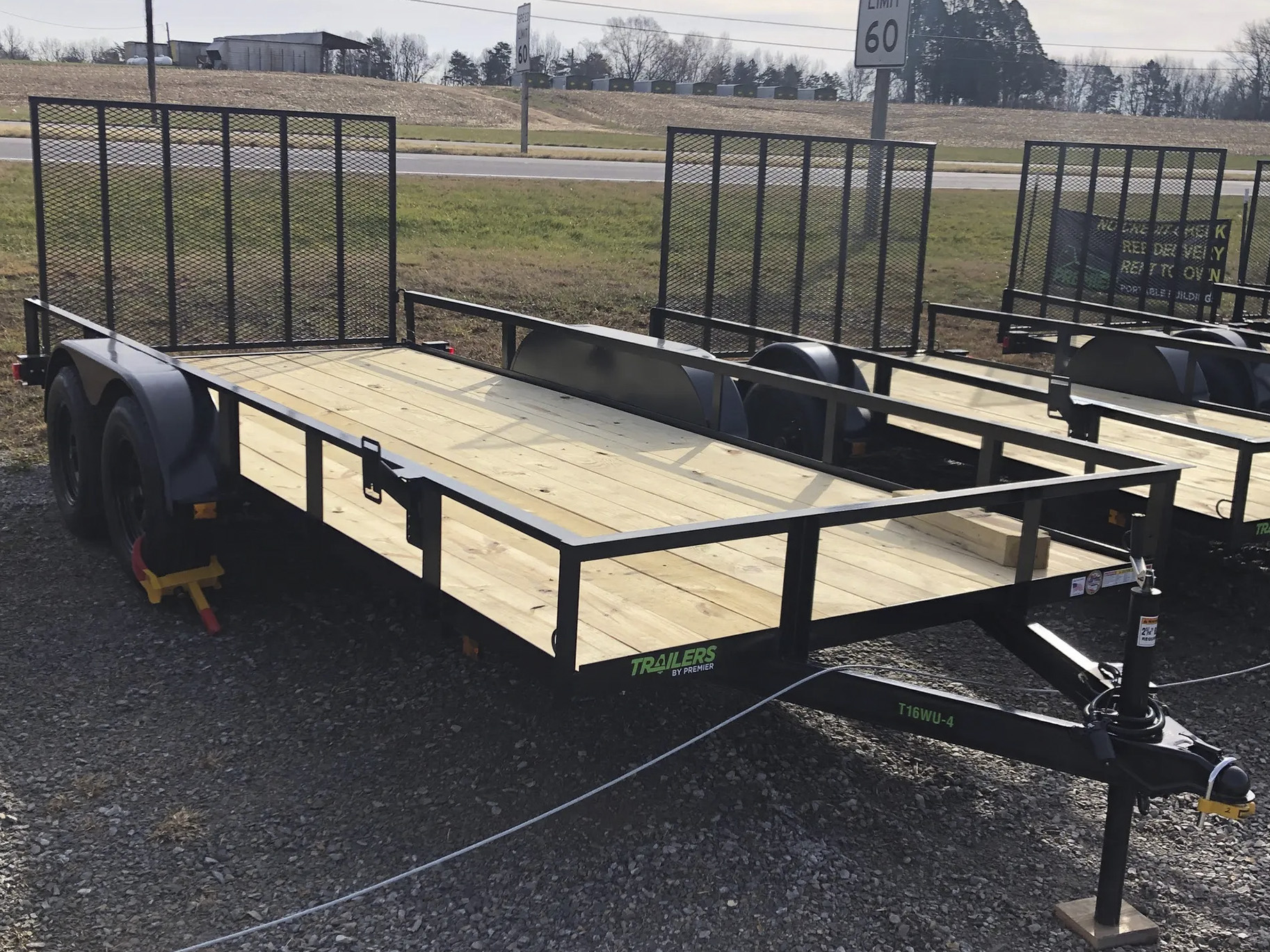Shed and Trailer Supply Locations Near You
The Shed and Trailer Supply team has a location in Blairs, VA!

Proudly Serving Blairs, VA
We are proud to call Blairs home to one of our fastest-growing locations for the Shed and Trailer Supply. Blairs, although a small community, is quite lovely! Located in extreme south-central Virginia near the North Carolina border. Blairs’ best months are September, May and October, while January and December are the worst.
Danville, in the “southside” part of the state, is still a depressed tobacco and textile center. A lot of businesses are based there, including textile giant Dan River Corporation. However, the current employment and job prospects reflect the poor economy of the dominant industries.
Downtown is a mix of small, modern buildings and historic buildings. A few minor cultural assets can be found along Millionaire’s Row on Main Street. However, the rest of the area reflects its depressed and mostly working class climate, with older, uninteresting neighborhoods dotting the hillsides. Despite its low home prices and cost of living, the city ranks low among Virginia’s metropolitan areas because of a declining economy and lack of intellectual stimulation. Things aren’t going to change much.
A rolling and wooded plain bisects the city. The city is surrounded by hills and mostly woods. Summers are warm and winters are crisp but moderate in Danville. Extreme cold and strong storms are blocked by the nearby hills and mountains. It rains mostly in the summer, but also in the fall and winter, with occasional snow and freezing rain. It’s mid-October when it first freezes, and it’s late April when it lasts.
Buying The Best Utility Trailer
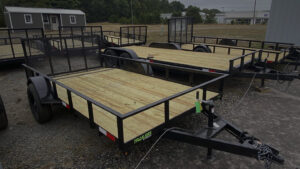
Renting trailers isn’t always economical because of the fees and hassles. Especially when your reserved trailer is a well-used 1997 model that can’t hold a kitten. Looking for an affordable way to take your business or personal items wherever you need to go? You can’t go wrong with a utility trailer! You won’t have to worry about bumping your head and scratching your vehicle playing storage Tetris anymore. You should know some basics before browsing a dealer’s lot or searching online whether you’re buying for the first time or just upgrading.
Utility Trailer Buying Factors
Use – Decide what your trailer’s main purpose is and focus on it. What do you normally carry? Are you worried about the weather? Does your lawn equipment need to be pulled? Be honest with yourself and get something you’ll love.
Design – The purpose of your trailer will help you budget accordingly once you’ve decided what it will be used for. If you need to transport just a few push mowers and trimmers, you might consider a smaller single axle trailer. Perhaps you wish to store heavier equipment in your trailer, in which case you would use an enclosed cargo trailer with tandem axles. To ensure the trailer can handle the load you plan to put on it, check its GVWR.
Vehicle – Does your vehicle have the power to haul both a trailer and a payload? Do you have a proper hitch if the trailer can be supported? You’ll need to check your vehicle’s GVWR on the VIN sticker in the door jamb or on the manufacturer’s website. See this article about vehicle, hitch, and trailer weight ratings! Towing a trailer is also a good idea.
Condition – It’s a good idea to conduct a basic inspection on any trailer, new or used. Make sure all visible parts are in good working order. Additionally, it includes checking the tires, looking for rust, inspecting the brakes, and checking the electrical. Make sure the suspension isn’t cracked, the ramps are strong, and there are no missing parts on the hitch assembly. You can also check the warranty for some assurances about the trailer’s quality.
Registration – Make sure you know the trailer registration requirements in your state. The Certificate of Origin & Sales Receipt may be needed. When buying a used trailer, this is crucial. Make sure you get all paperwork, including service receipts, from the seller.
Utility Trailer Types: Open vs. Enclosed
Open Trailer
Compared to cargo trailers of similar size, utility trailers are typically open-air, cheaper, lighter, and have a higher weight capacity. A flat wood deck floor is usually surrounded by a short sidewall or railing. The loading ramp folds and locks upright like a tailgate when you’re traveling. When on the road, these trailers can hold tools and smaller items with racks and storage. The ease of access makes open trailers great for hauling trash and rubble. Getting on and off the trailer is also easier. Due to the open design, your cargo won’t be as secure and protected from the elements as it would be in an enclosed trailer. As they’re essentially the same, they’re called “landscape trailers”. Utility trailers are smaller, but landscape trailers are bigger and come with more features.
Enclosed Cargo Trailer
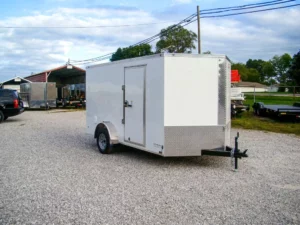
Enclosed trailers can be classified as utility trailers if their weight and dimensions do not exceed certain limits. Materials, tools, and equipment can be stored in them. Covered trailers protect your equipment from the outdoor elements like sunlight, rain, falling branches, and debris bouncing up from the road. You can also lock the door of your trailer for extra security. You can also put your logo and contact info on the sides of enclosed trailers. Whenever you’re on the road, your trailer’s a traveling billboard! Enclosed trailers are bulkier and more expensive than open trailers.
Buying New or Used Utility Trailers
The main factor in your purchase may be your budget. The model you want is out of stock, but you have the budget. If you don’t have time to save up money or wait for inventory to replenish, buying a new trailer might seem impossible. All our trailers can be financed at Shed and Trailer Supply. As well as new and used utility, landscape, and enclosed trailers, we have the best prices. If we don’t have exactly what you’re looking for, we’ll custom order it or find an in-stock trailer that meets or exceeds your expectations. Even enclosed trailers can be customized with your business information. Our experienced team at Shed and Trailer Supply can answer your questions and help you find the right trailer.
Rent-to-Own and Cash Purchase
Rent-to-Own and Cash Purchase

